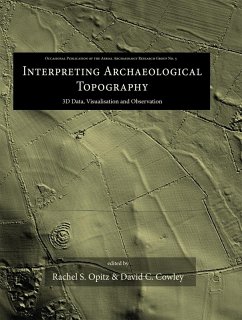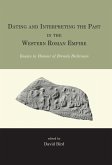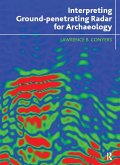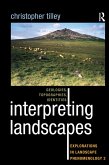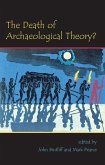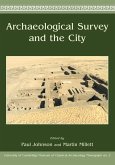Airborne Laser Scanning (ALS), or lidar, is an enormously important innovation for data collection and interpretation in archaeology. The application of archaeological 3D data deriving from sources including ALS, close-range photogrammetry and terrestrial and photogrammetric scanners has grown exponentially over the last decade. Such data present numerous possibilities and challenges, from ensuring that applications remain archaeologically relevant, to developing practices that integrate the manipulation and interrogation of complex digital datasets with the skills of archaeological observation and interpretation. This volume addresses the implications of multi-scaled topographic data for contemporary archaeological practice in a rapidly developing field, drawing on examples of ongoing projects and reflections on best practice.Twenty papers from across Europe explore the implications of these digital 3D datasets for the recording and interpretation of archaeological topography, whether at the landscape, site or artefact scale. The papers illustrate the variety of ways in which we engage with archaeological topography through 3D data, from discussions of its role in landscape archaeology, to issues of context and integration, and to the methodological challenges of processing, visualisation and manipulation. Critical reflection on developing practice and implications for cultural resource management and research contextualize the case studies and applications, illustrating the diverse and evolving roles played by multi-scalar topographic data in contemporary archaeology.
Dieser Download kann aus rechtlichen Gründen nur mit Rechnungsadresse in A, B, BG, CY, CZ, D, DK, EW, E, FIN, F, GR, HR, H, IRL, I, LT, L, LR, M, NL, PL, P, R, S, SLO, SK ausgeliefert werden.

